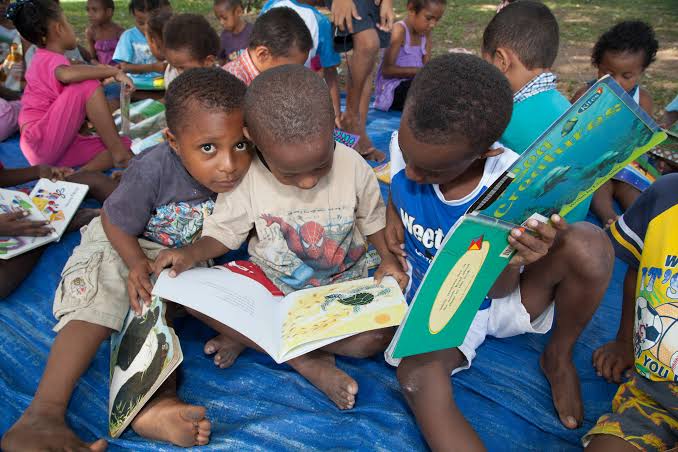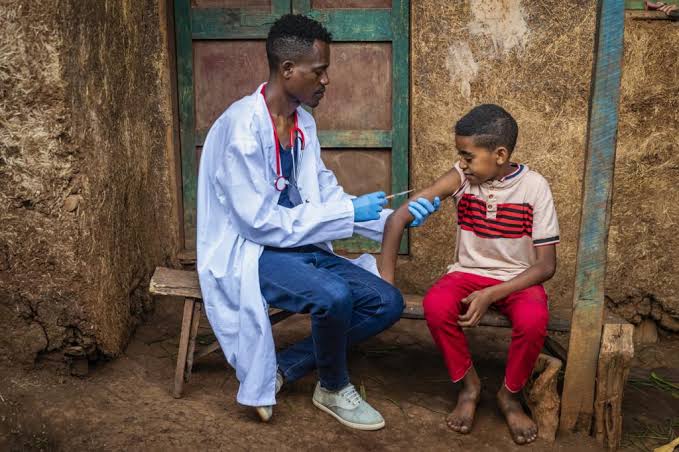
Faith Nyasuguta
In today’s world, literacy stands as a cornerstone for individual empowerment, societal advancement, and economic growth. Despite being a priority on government agendas for decades, illiteracy remains a significant challenge in various parts of Africa, hindering progress and development.
With this article, AEM sheds light on the African nations grappling with the highest rates of illiteracy, delving into the underlying factors and implications for their future. Drawing insights from a recent literacy rate report by DataPandas, let’s explore the extent of this issue.
The report highlights countries like Finland, Norway, Luxembourg, Andorra, Greenland, Liechtenstein, and Uzbekistan as leaders with a 100% literacy rate. Following closely are nations like the United States, Japan, Germany, United Kingdom, and others, boasting a 99% literacy rate.

However, in Africa, Seychelles leads with an adult literacy rate of approximately 96%, with Equatorial Guinea and Namibia following closely at 95.20% and 90.82%, respectively. Despite these relatively higher rates, the continent’s average literacy rate stands at around 67%, with Southern Africa recording the highest levels among African regions.
The research highlights a stark disparity, with African and Middle Eastern countries facing the lowest literacy rates globally. Nations such as Niger, Guinea, South Sudan, and Mali struggle with alarming literacy gaps, falling below the global standard.
Niger, with a meager 19.10% literacy rate, holds the unfortunate title of the world’s lowest literacy rate, followed closely by Guinea at 30.47%. South Sudan and Mali also feature prominently on the list, with literacy rates of 31.98% and 33.07%, respectively. The Central African Republic completes the top five list of countries grappling with low literacy rates.
Beyond the numbers, the report discloses the multifaceted challenges hindering literacy efforts in these nations, including limited access to education, socioeconomic disparities, and political instability.

Addressing these challenges requires concerted efforts from governments, civil society, and the international community to implement effective literacy programs, improve access to quality education, and empower individuals with the skills needed to thrive in the modern world.
Only through such collective action can Africa overcome the scourge of illiteracy and unlock its full potential for sustainable development and growth.
RELATED:




